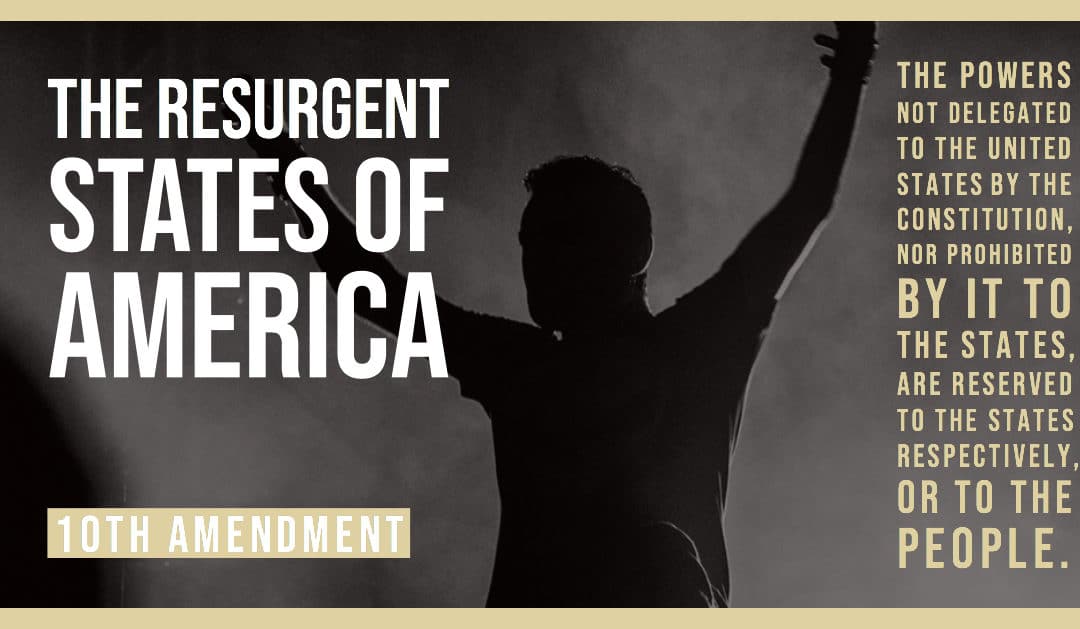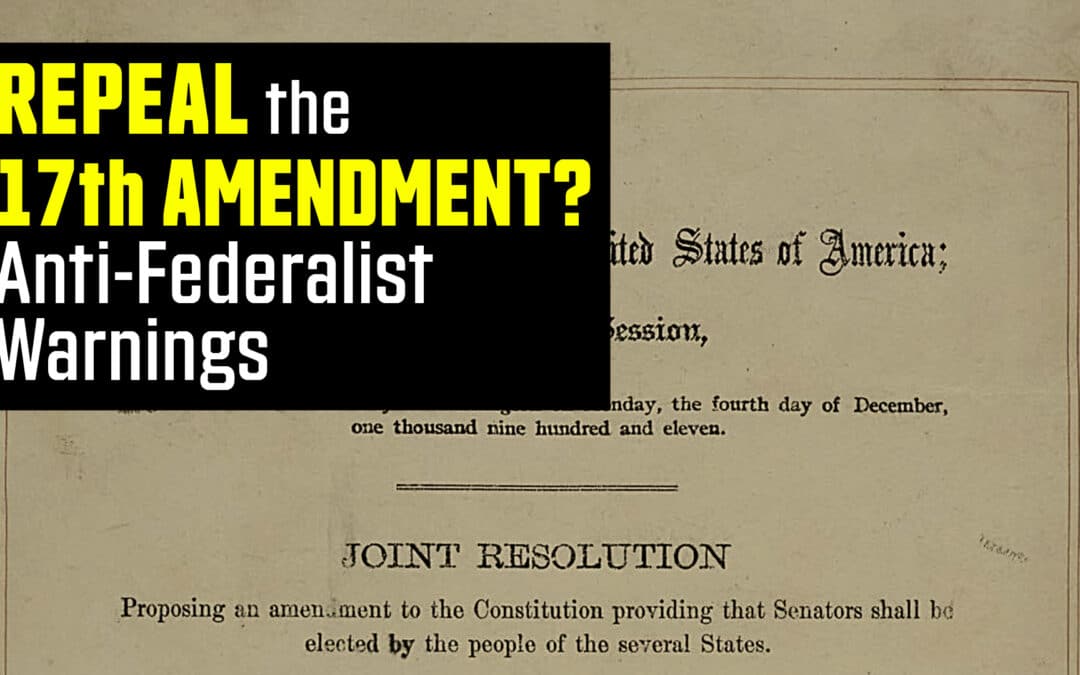

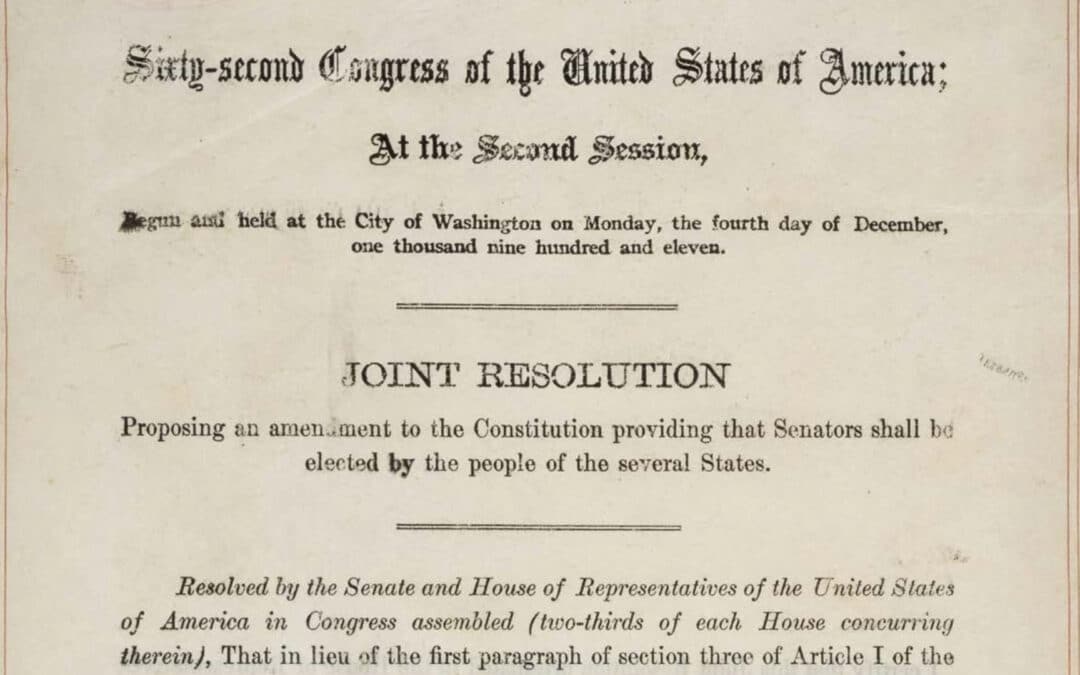
17th Amendment: How it Broke the Safeguard Against Consolidation
When the framers designed the Senate, they envisioned it as a safeguard for the states, with a key component being state legislatures choosing senators instead of the people at large. Federalists repeatedly assured the Anti-Federalists that because of this structure,...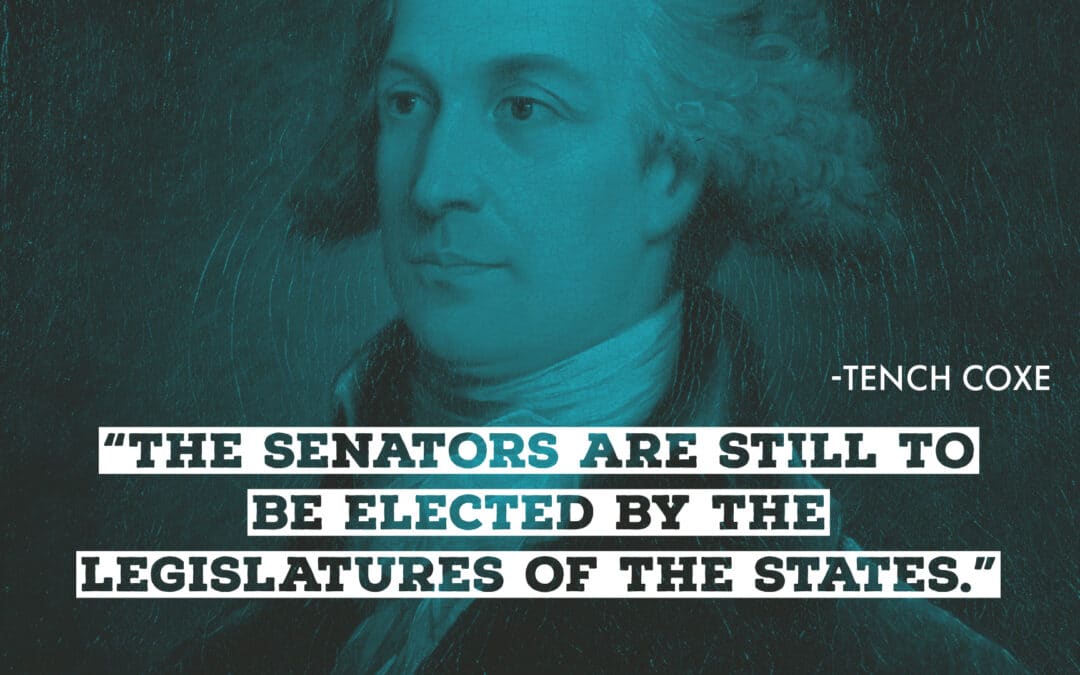
Tench Coxe on the Senate: A Counter to Anti-Federalist Aristocracy Fears
The structure of the Senate was a serious point of contention for many Anti-Federalists, who warned it would quickly become a permanent or baneful aristocracy, with most senators serving for life. Tench Coxe was a leading voice on the Federalist side rejecting these...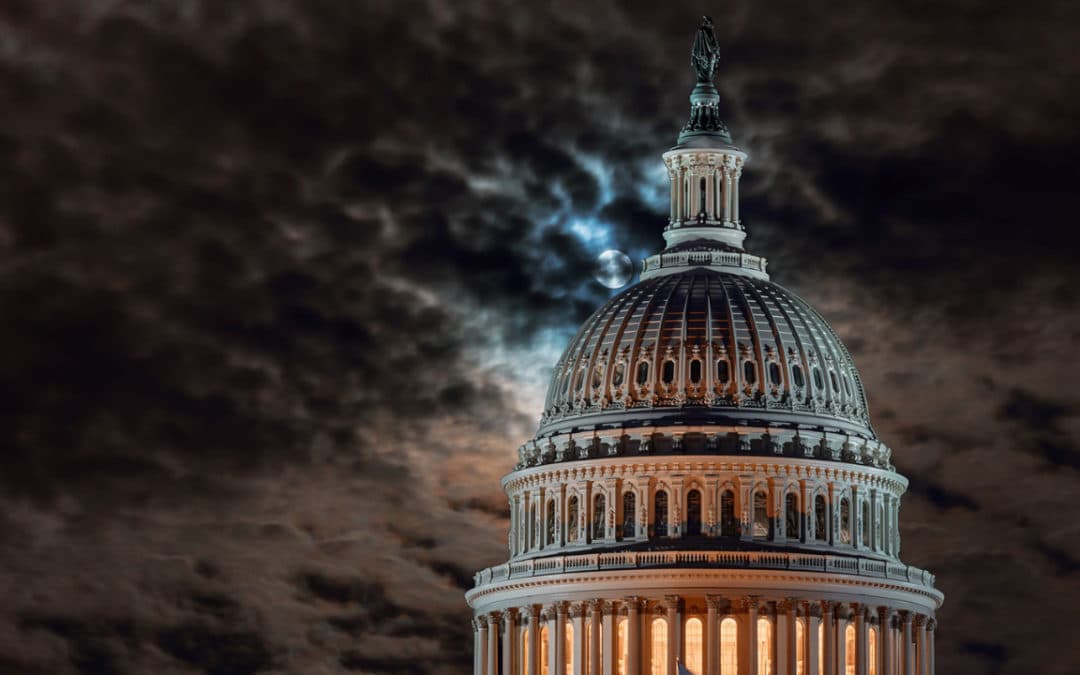
Federal Farmer: Senate Will be “Source of the Greatest Evils”
While the anti-federalist Federal Farmer was critical of the proposed House of Representatives for having too few members, he was even more harsh toward the proposed Senate. Ironically, he wrote in his tenth letter dated January 12, 1788, that the Senate “as an...